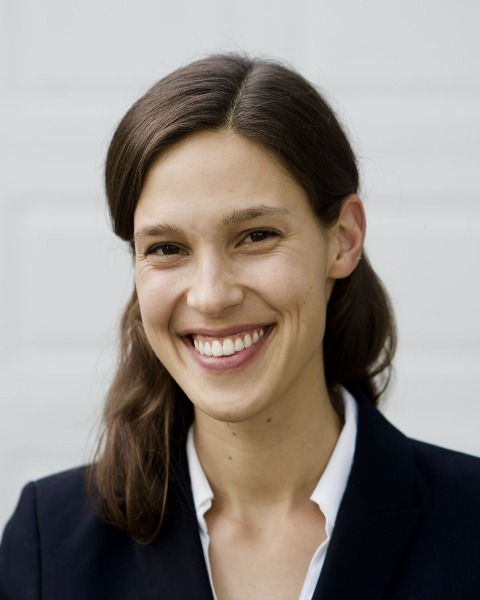Medical Education Works in Progress
Session: Medical Education Works in Progress
WIP 61 - Rural Health Equity Rounds: A Multidisciplinary Approach to Education on Health Disparities in Rural Communities
Saturday, April 26, 2025
2:30pm - 4:45pm HST
Publication Number: WIP 61.7398
Simona A. Martin, Seattle Children's, Seattle, WA, United States; Rachel Yang, Seattle Children's, Seattle, WA, United States; Lauren Duffy, Washington State University Elson S. Floyd College of Medicine, Spokane, WA, United States; Colton E. Kray, University of Washington School of Medicine, Lakewood, WA, United States; Tracy Seimears, Seattle Children's, Seattle, WA, United States; Natalie Chapkis, University of Washington School of Medicine, Seattle, WA, United States; Corrie E. McDaniel, University of Washington, Seattle, WA, United States

Simona A. Martin, MD (she/her/hers)
Resident
Seattle Children's
Seattle, Washington, United States
WIP Poster Presenter(s)
Background: As major referral centers, tertiary and quaternary children’s hospitals often care for patients from remote regions, with rural children comprising over 10% of those admitted to children’s hospitals. Children from rural locations have higher rates of complex chronic conditions, face higher inpatient admission costs, and are more likely to reside in low income zip codes. Rural children face unique barriers to healthcare access and significant health disparities, however, healthcare providers at large children’s hospitals frequently lack formal training on the specific challenges rural populations face and best practices for providing their care.
Objective: To address this educational gap, our interdisciplinary team, composed of trainees, physicians, nurses and nurse practitioners, designed an interactive presentation centered on community-based solutions. Focusing on resource-driven disparities, such as access to food and water and the costs and time burden of travel, our approach emphasizes solution-based perspectives rather than reinforcing negative stereotypes. We aim to create a scalable framework that other institutions can adopt to strengthen workforce preparedness and support equitable care for rural communities.
Design/Methods: This session will be delivered later this month to a multidisciplinary audience at a major children’s hospital with an extensive rural catchment area including several western states and Alaska. Our team has chosen to focus on the Alaska region in order to elaborate on specific health disparities and highlight solutions developed by communities and hospitals in the area. To evaluate impact, we will administer pre- and post-presentation surveys to assess changes in participants’ knowledge, attitudes, and self-reported competence in managing care for rural patients. We will perform qualitative data analysis on survey responses to guide future refinements and support the creation of a formalized curriculum tool for interdisciplinary audiences that can be generalizable for other institutions.

